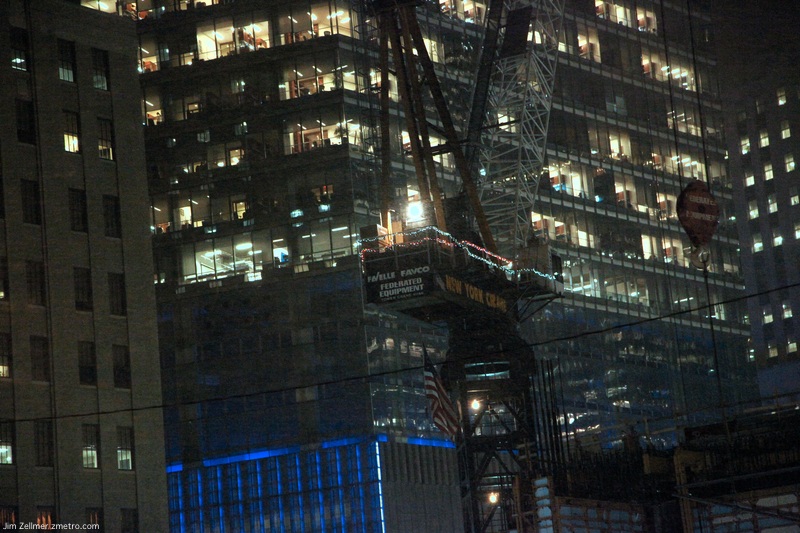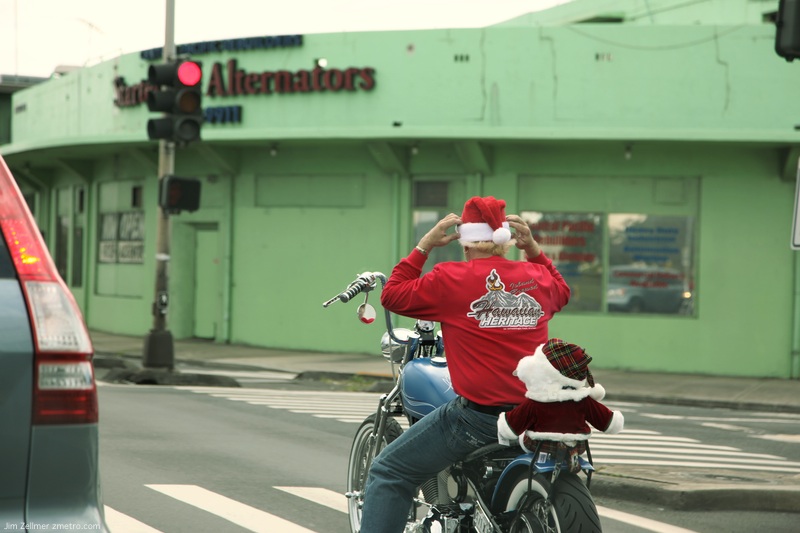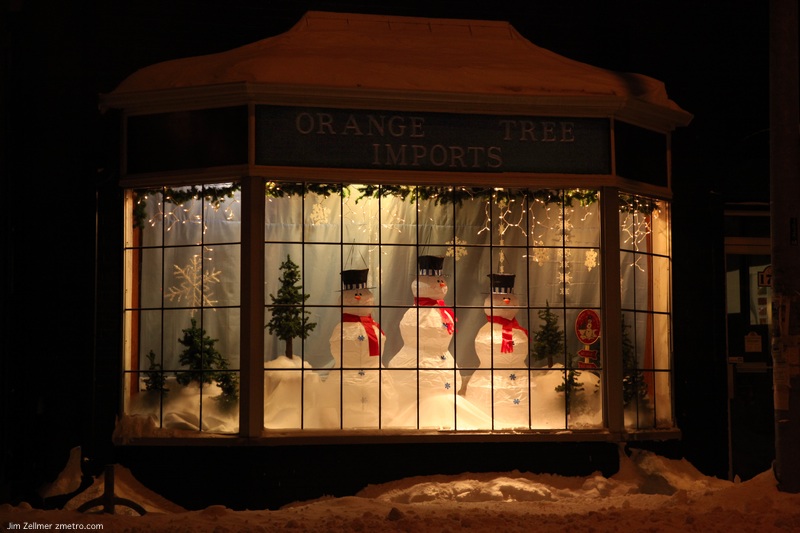It is a sorry place at which we Americans find ourselves this none-too-festive holiday season. The biggest names on Wall Street have gone to their rewards or into partnership with the U.S. Treasury. Foreigners stare wide-eyed from across the waters. A $50 billion Ponzi scheme (baited with, of all things in this age of excess, the promise of low, spuriously predictable returns)? Interest rates over which tiny Japanese rates fairly tower? Regulatory policy seemingly set by a weather vane? A Federal Reserve that can’t make up its mind: Is it in the business of central banking or of central planning? And to think — our disappointed foreign friends mutter — all of these enormities taking place under a Republican administration.
Trust itself entered a bear market in 2008, complementing and perhaps surpassing the selloffs in stocks, mortgages and commodities. Never to be confused with angels, we humans seem to outdo ourselves when money is on the line. So it is that Bernard Madoff, supposed pillar of the community, stands accused of perpetrating one of the greatest hoaxes since John Law discovered the inflationary possibilities of paper money in the early 18th cent
Snowmen Watching Over Madison’s Monroe Street
Christmas Lights in the Big Apple

Photo taken from the back seat of a cab on a recent New York City evening.
The Year in Business: 2008
Party of the year: The $86,000 partridge-hunting trip funded by AIG, a government-rescued insurance firm, for some top clients. They had fun, but the public outcry was such that lots of other firms cancelled their holiday parties lest they be accused of wasting money in tough times. Cheers!
Badly-timed nickname: Awarded jointly to Whole Foods Market and Starbucks. Being known, respectively, as Whole Paycheck and Fourbucks is fine when the going is good, but not when consumers are obsessed with value for money. Both of these pricey retailers have had a miserable year. Whole Foods’ shares are down by 75% so far in 2008, and shares in Starbucks are down by over half.
In memoriam: A posthumous award for this year’s notable departures. Contenders include Alan Greenspan’s reputation as a great central banker; investment banks; the newspaper industry; sport-utility vehicles; fiscal prudence; the inexorable rise of BRIC economies and the theory that BRICs had “decoupled” from rich world economies; pay increases; and capitalism. But the winner is economic growth—gone, though one hopes not forever.
iPod Breathalyzer
Now the iPod can answer the question: Am iDrunk?
A new product called the iBreath turns Apple Inc.’s iPod into an alcohol breathalyzer.
The $79 accessory plugs into the base of the iPod and functions like a field sobriety test. The person using the iBreath exhales into a retractable “blow wand” and the internal sensor measures the blood-alcohol content. Within two seconds, it displays the results on an LED screen. A reading of 0.08 or above sets off an alarm, signaling a blood-alcohol level above the legal limit in all 50 states.
“We are absolutely not advocating drinking and driving, but we know that people just don’t observe that,” said Don Bassler, chief executive and founder of David Steele Enterprises Inc. in Newport Beach, an online retailer and creator of the iBreath. “We don’t want people to think that this makes it all OK, but it’s a safety device that we hope people will use, and it may save lives.”
The iBreath is among a growing number of products for the iPod and iPhone designed to combat excessive holiday reveling. Last Call, a new application for the iPhone, provides a tool for estimating blood-alcohol content (as well as a list of attorneys who specialize in DUI arrests).
Fascinating.
Christmas Scene

Bonds, Equities and Saving
Campaign Contributions & Congressional Votes for the “Auto Bailout”
HOUSE MEMBERS VOTING ‘YES’ ON AUTO INDUSTRY BAILOUT RECEIVED, ON AVERAGE, 65% MORE FROM AUTO INDUSTRY INTERESTS THAN THOSE VOTING ‘NO’
BERKELEY, CA, Dec. 11 —Members of the U.S. House of Representatives voted to pass the Auto Industry Financing and Restructuring Act last night. MAPLight.org’s research department revealed that over the past five years (January 2003 – October 2008), auto manufacturers, auto dealers and labor unions gave an average of $74,100 in campaign contributions to each Representative voting in favor of the auto bailout, compared with an average of $45,015 to each Representative voting against the bailout–65% more money, on average, given to those who voted Yes. The final vote: 237 Representatives voted Yes and 170 voted No, with 26 Not Voting and 1 voting “Present.”
MAPLight.org’s analysis included contributions from auto manufacturers, auto dealers, auto-related industries and labor unions, groups that have expressed support for this bill’s passage.
Related: Lessig is moving back to Harvard:
As faculty director of the Center, Lessig will expand on the center’s work to encourage teaching and research about ethical issues in public and professional life. He will also launch a major five-year project examining what happens when public institutions depend on money from sources that may be affected by the work of those institutions — for example, medical research programs that receive funding from pharmaceutical companies whose drugs they review, or academics whose policy analyses are underwritten by special interest groups.
Delight Your Customers

Perhaps it is a sign of the times. Air travel, but for private jets that the very rich and our politicians use, rarely involves “delighting customers”. Happily, I can report an exception to this “rule”. While on travel recently, I visited the tourist class lavatory, only to find this flower gracing the cammode. Props to the United Airlines employee who took the time to add a smile to my face on that journey. More, please!
Warm Thoughts as Winter arrives in Madison: Hawaii’s Big Island at Sunrise

